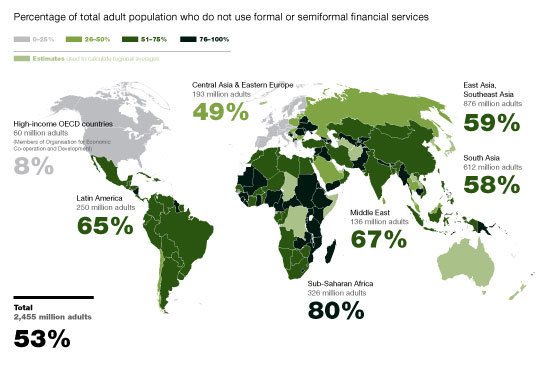The reserve bank of Zimbabwe (RBZ) has ordered all financial institutions in the country to immediately stop trading or transacting in cryptocurrencies. Norman Mataruka, the registrar of banking institutions said that these measures were to protect the safety and soundness of the country’s financial system.
The central bank gave financial institutions 60 days to liquidate existing account balances.
Mataruka said, ‘As monetary authorities, the Reserve Bank of Zimbabwe is the custodian of public trust and has an obligation to safeguard the integrity of payment systems.
Cryptocurrencies have strong linkages and interconnectedness with standard means of payments and trading applications and rely on much of the same institutional infrastructure that serves the overall financial system.’
In a separate statement, the governor of the RBZ warned the public against cryptocurrency trading.
‘Any person who buys sells, or otherwise transacts in cryptocurrencies, whether online or otherwise, does so at their own risk and will have no recourse to the Reserve Bank or to any regulatory authority in the country,’ he said
This news comes at a time when the continent is divided on cryptocurrency. We recently heard that Ethiopia has partnered with Cardano to explore blockchain solutions I the agricultural industry. This is brilliant news for embracement of the technology in the continent with the largest potential for future economic growth.
On top of this Africa is the continent with the highest proportion of unbanked people, something that can be solved by Bitcoin and cryptocurrency. The graphic below from McKinsey and Company shows the sheer amount of people unbanked in Africa.
This shows that countries should accept cryptocurrencies and bitcoin as a means for their people to become financially stable. If more countries ban cryptocurrency then they are denying their people financial security and freedom. However, with the emergence of decentralised exchanges, it remains unclear how effective any bans can truly be enforced.
Although some countries like Zimbabwe are shunning the influence cryptocurrencies are having, others are embracing them. Ethiopia and South Africa are two countries leading the charge for blockchain. Hopefully, these countries benefit from the technology, and therefore the sceptical countries like Zimbabwe and Uganda see the advantage to utilising it. If this happens the prospects of the world’s poorest continental population could improve dramatically.
Join us on Telegram to receive free trading signals.
For more cryptocurrency news, check out the Altcoin Buzz YouTube channel.





























